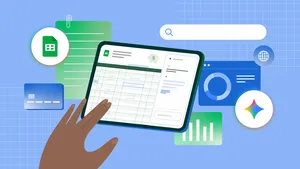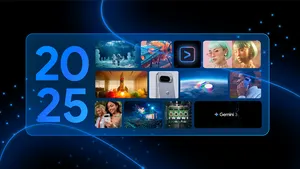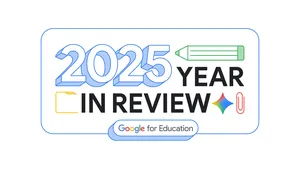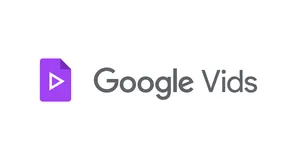A look at Team Drives in action at the California Academy of Sciences

Located in San Francisco’s Golden Gate Park, the California Academy of Sciences is an aquarium, planetarium, and natural history museum all wrapped into one. Attracting visitors from all over the world, the California Academy of Sciences aims to explore, explain, and sustain life on Earth. In addition to biodiversity research and conservation efforts, they offer a large variety of exhibits to educate visitors about wildlife, ecosystems, and the sustainability of our planet.
The California Academy of Sciences uses G Suite and other Google products to help employees collaborate, onboard new team members effectively, manage data for science-based animal care, and schedule upcoming physicals and treatments for live animals. Recently, they migrated all their digital data to Team Drives, a G Suite for Nonprofits tool that lets organizations store, search, and access shared content from anywhere. In Team Drives, files belong to the team instead of the individual, so users won’t need to search across siloed folders with varying permissions. Since implementing this change, the California Academy of Sciences has been able to reduce time spent searching for documents, limit duplication of efforts, and collaborate more closely with their team members and other organizations internationally. We spoke with Associate Director of the Steinhart Aquarium (and Google super user), Laurie Patel, who successfully migrated 15 years of digital data to Team Drives in just one evening, to learn more about how they're using the tool.

Better animal health management through unlimited storage
The initial reasoning behind the transition to Team Drives was unlimited storage. Because of the massive amounts of animal medical data that must be stored, the aquarium team needs space to upload all the PDFs, images, videos, and spreadsheets that they collect. All medical data gets logged, like each animal’s annual physicals, blood work, pictures, weight, and other diagnostics. With 38,000 live animals at the California Academy of Sciences, it’s easy to see how the virtual file cabinet of data in their systems could start to overflow. With Team Drives, Laurie’s team can upload all the images and data they collect so that it’s accessible in one place, all the time—without relying on an individual owner to have sole access. And with Team Drives’ permissions settings, they share and link these folders to the external Zoological Information Management System (ZIMS) database. That database connects with zoos and aquariums across the world so researchers can cross-reference each species’ baseline health reports. Being able to upload large files to this database has increased both the California Academy of Sciences’ and the ZIMS accumulated knowledge of medical data to ensure all animals are treated properly and receive the best possible care and enrichment.
Real-time updates to support strict protocols for animal safety
Caring for a diverse animal collection in varied habitats, like the four-story Osher Rainforest exhibit or the 212,000 gallon Philippine Coral Reef exhibit, requires California Academy of Sciences’ staff to adhere to strict protocols to ensure a consistently high standard of animal care. To ensure stable environments, all processes need to be executed in a specific way—and this critical information has to be readily accessible to staff and always up to date. From changing an animal’s diet to venomous animal handling protocols, employees routinely search and access these procedures and databases to make real-time decisions. For example, water is collected daily from separate tanks to check the water quality and test things like pH levels and magnesium concentration. Employees input this data into Google Sheets, and conditional formatting automatically attributes a color code based on each test result—an easy and instantaneous visual indication to inform what action is needed for the employees back at the tank.
Streamlined onboarding = more time for animals
By consolidating all training materials and important resources in one place, the Steinhart Aquarium team can onboard new members to the team quickly and efficiently. This helps the team prepare for legacy planning as well. When one teammate leaves, their successor can easily take ownership of all the files and resume where the former employee left off, ensuring that no work is lost in the transfer. And by linking to various Team Drives folders in their online hub powered by Google Sites, they’ve created a one-stop-shop to guide team members to the right information at the right time.

Ultimately, Team Drives help California Academy of Sciences operate without fear of lost data or out-of-date sharing preferences. This extra time saved allows employees to spend more time caring for a charismatic group of live animals and engaging with the museum’s visitors, rather than their screens. Learn how Team Drives can help your organization and get started today.






